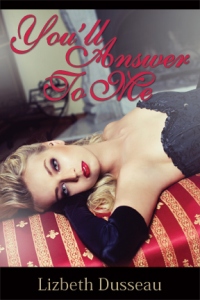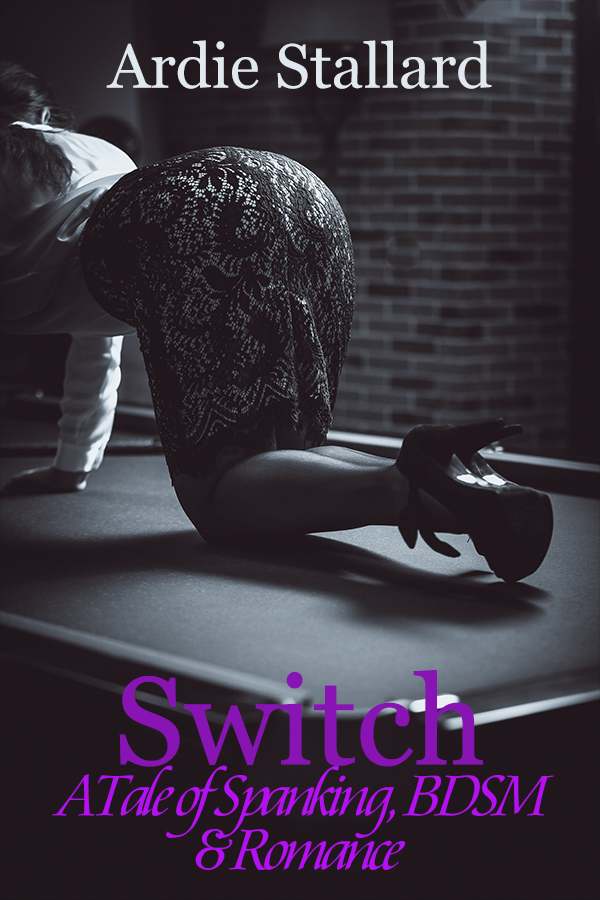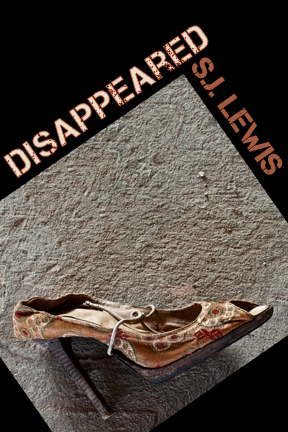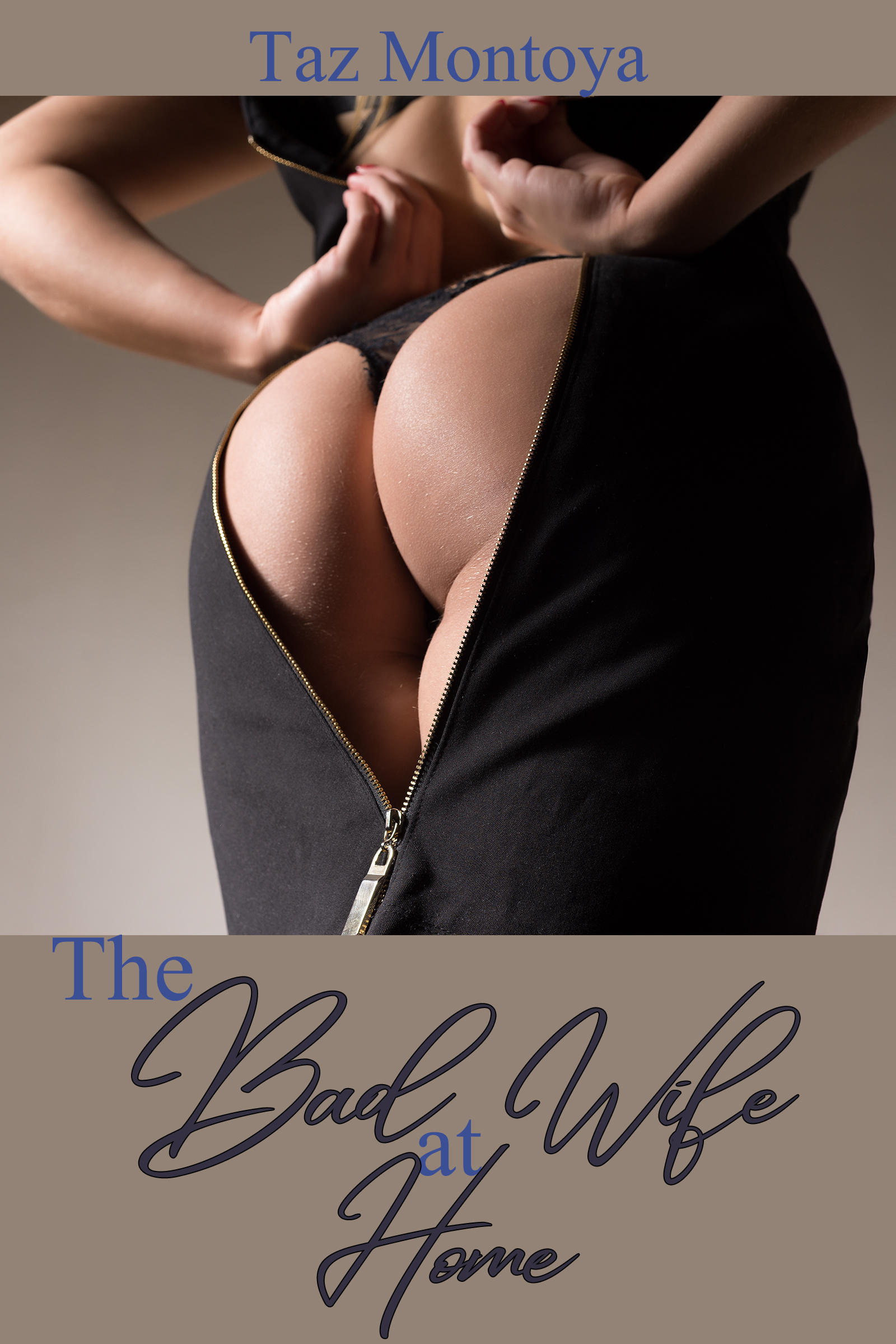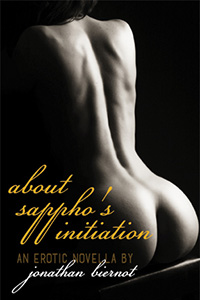A Very English Chattel by Shruti Jalav
Devastated by his wife’s betrayal of him with one of her students, an Oxbridge academic secures a stint as a lecturer at an Indian university in an attempt to put distance between himself and the source of his emotional distress. Unfortunately, the young Indian housekeeper he employs to look after his home and take care of him picks up on his distress. The young woman is plain looking, but with a body that would not be out of place on Venus. She may have demons of her own but is more than willing to embrace them, especially if it means demoting her older and smugly superior employer into the living embodiment of her fantasies regarding sexual domination and domestic control.
The man, Vernon Lampeter, who left the UK with his emotional tail between his legs will, when he finally returns, find that the legs he is now between belong to another. And HE is on his knees before them! A novel of physical and psychological female domination.
Includes Female domination, male submission, control, humiliation, cock cage, foot fetish, pussy worship, ass licking and domestic discipline.


